Visions, at their best, are a brave thing. Especially so, when you seek to meaningfully build one for a society and for a nation as a whole. Current societal structures correspond to the times of the industrial revolution, but the world has changed dramatically since then. During the past 100 years, technological advances coupled with economic growth in an increasingly interconnected global context have brought about a whole new set of challenges – as well opportunities – that set the stage for our arguably post-industrial world.
“Several uncertainties lead us to doubt whether European societies will experience economic growth as they did during the latter half of the 20th century.”
Indeed, as the Rewiring progress memorandum presents, several uncertainties such as an aging population, technological deflation, declining industrial and rural regions, and the need to limit use of several natural resources, lead us to doubt whether European societies will experience economic growth on the levels they did during the latter half of the 20th century.
The importance of a visionary, inclusive and sustainable way forward is embraced by Vision Europe. Vision Europe is a consortium of think tanks and foundations collaborating to address some of the most pressing public policy challenges facing Europe. Through research, publications and an annual summit, it acts as a forum for debate and a source of recommendations to improve evidence-based policy making at both a national and EU level. Sitra has been a partner to Vision Europe since the network was formally established in 2015, fueling discussion on issues such as redefining European welfare states, strategic migration and refugee policies in Europe, and now most recently in 2017, on the winner and losers of globalisation.
“We need a visionary, inclusive and sustainable way forward.”
So what do Denmark, societal visions and Vision Europe Summit have in common? The title reference to Denmark is of course metaphoric, with its roots in political economist Francis Fukuyama’s appraised work on the development of political landscapes and institutions towards liberal democracies and well-functioning states (see Origins of Political Order, Fukuyama 2011).
In November at the Vision Europe Summit in Turin, Italy, the cornerstones of a new vision – the Next era of well-being in the Nordic countries – were presented. It is an updated societal vision that Sitra and Demos Helsinki have been working on for the past 1,5 years, together with a number of both Finnish and international thought leaders.
As Aleksi Neuvonen, the main author from Demos Helsinki on the Next era of well-being, puts it:
“Having a vision, or competing visions, could help in re-focusing public discourse towards future opportunities, instead of future risks and past success. In other words, a vision-oriented approach helps to re-vitalise new faith in progress in the midst of a transformation period: it recaptures the idea that humankind can grow to achieve something great together, and that actually, with the help of the current level of technological advancements, we are better equipped than ever for that.”
The Vision Europe Summit audience represented more than 100 people from over 25 counties worldwide. Naturally, each country has its own angle and set of circumstances regarding the discussion on societal visions. Furthermore, in the context of the VES 2017 theme on “Winners and losers of globalisation”, countries have also benefited from the industrial and post-industrial eras in varying ways. * As the host of the Summit, Mr. Piero Gastaldo, Secretary General of Compagnia di San Paolo in Turin commented, “It’s a long road to Denmark for many”.
While the road may be long, the importance of understanding why, how and where “who is winning and who is losing” is important for paving the way for sustainable progress in this increasingly interconnected world. The VES 2017 Conference publication identifies a number of main features that characterise globalisation and analyses them in separate policy papers: international trade, national labour and welfare policy, and political institutions. These complex issues were debated throughout the Summit, with the goal to strengthen evidence-based policy recommendations.
It is the role and responsibility of networks such as Vision Europe to ensure an inclusive and sustainable future for societies and individuals on the continent and also around the world. Not only because, in an interconnected world, inclusive development is a shared benefit, but because it is a common moral obligation for all.
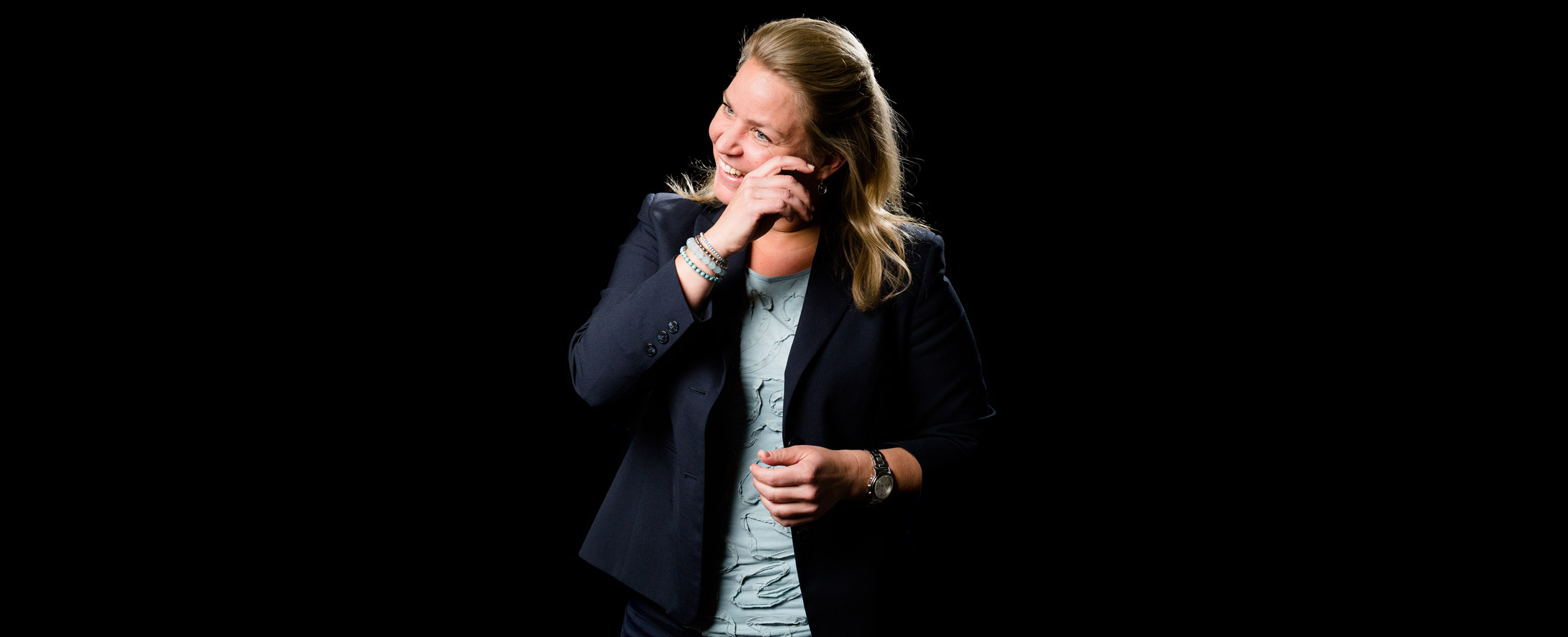
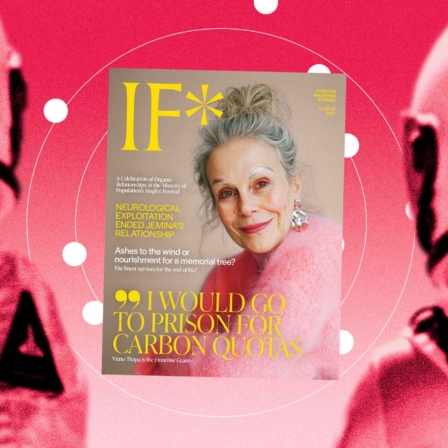
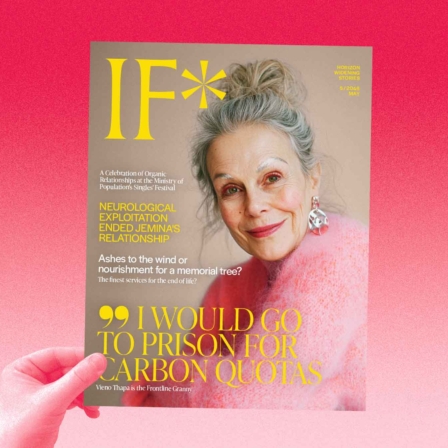
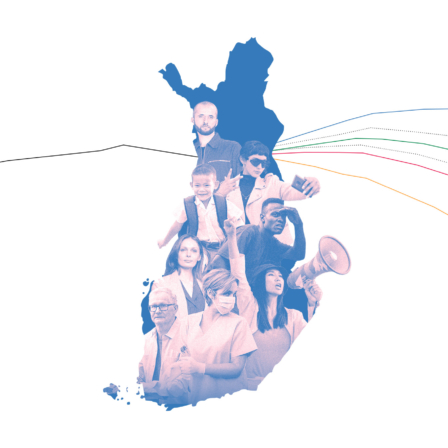
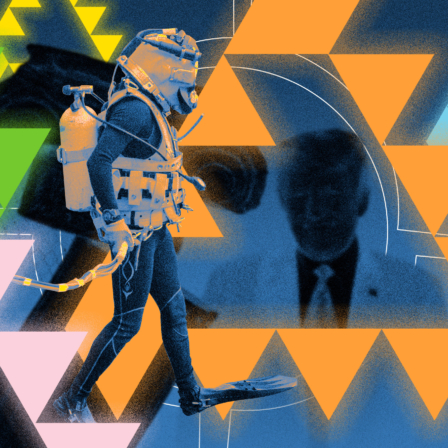
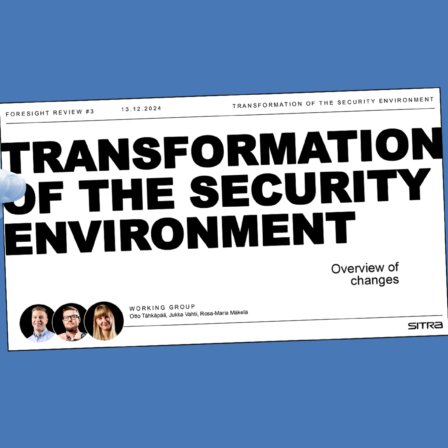
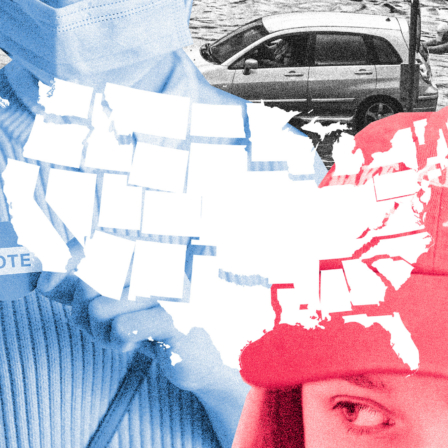
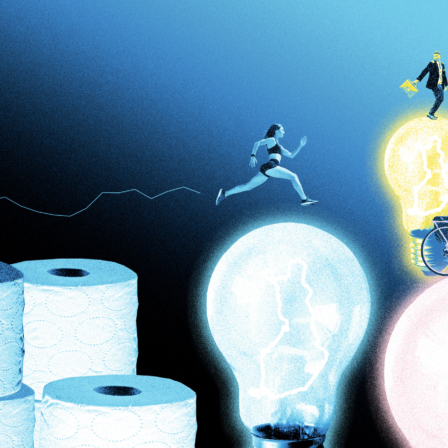

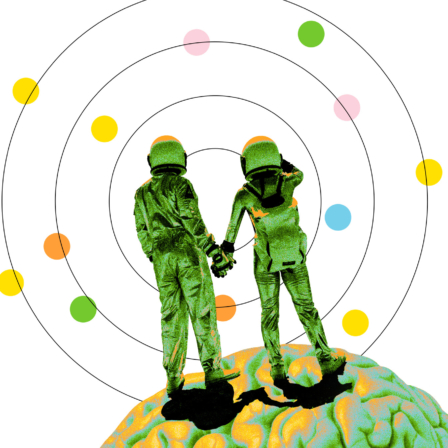




Recommended
Have some more.